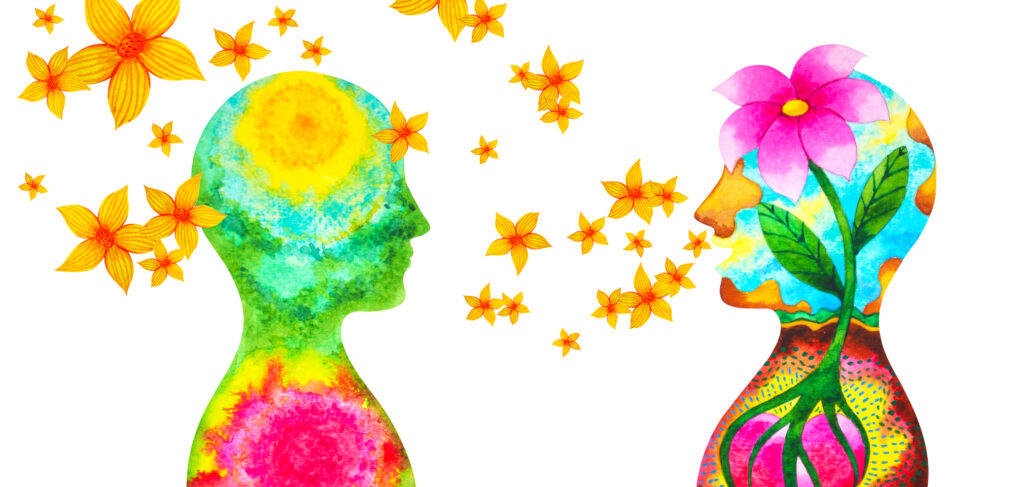I just returned from an annual weekend in the woods with my college friends. We do this every year, and this year was our fortieth!! I (obviously) love spending time with those guys, and we know each other as well as friends can. We spend time catching up, “reveling,” making chili, and playing cards (pitch). For the duration of the event, we are with each other every moment. There are few people I would be able or willing to spend this much time with all in one go, but these guys are in that category. It is still a challenge, not because of anything they do, but because being with people generally is challenging for me—especially when it’s constant and for an extended time. The introversion voice is strong.
What does luxury mean to you? For many, the idea conjures the trappings of wealth—maybe yachts, private planes, or opulent houses. But are these things luxurious in and of themselves? Once you get beyond these trappings’ flashiness and comfort, you must still have a meaningful life to make them enjoyable. And you may find that if you do have a meaningful life, you don’t need this brand of luxury. Simple pleasures can be considered luxurious and don’t involve the cost, maintenance, or hassle of the more lavish luxuries. What are the luxurious things in your life? Do they give you pleasure, or must they be connected to other parts of your life, such as friends, to add meaning?
So many people try to find stability in their lives and keep things going as they have been. They like to have a familiar routine, the same friends, and the same activities. There’s nothing wrong with this. Long-lasting relationships, routines, and traditions give people a sense of belonging, a feeling of home, and comfort. But it’s also essential to have the unfamiliar in your life. I know that doing different things and interacting with new people can provide a healthy jolt to the old psyche. I recently left a very long-term job and now work full-time on Blocks of Life. This experience has led me down a wonderful path filled with exploration and discovery. It literally fuels my dreams, which are constantly filled with new and different things because I’m always doing new and different things.
At the moment, I am making a concerted effort to live a healthier life—less drinking, healthier eating, and consistent exercise. Under “normal” circumstances, I can do that without too much temptation—typical working days, going to bed at a consistent time, and managing my energy. But when there’s a celebratory mood, or we have people over, or during a vacation or the holidays, the temptations are much more significant, and the rationalizations are easier.
How many friends do you have? Are they all created equal? The levels of connection that you have with people matter. How you behave around them, what you confide in them, and how much you ask of them matters. What you get from them also matters—how they make you feel, your experiences with them, and what you learn from them.





